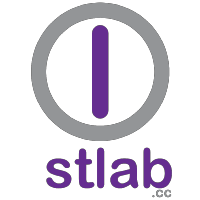There Is A New Future -- Felix Petriconi
Version 1.0 of a new C++ future and channel library has been released.

by Sean Parent, Foster Brereton and Felix Petriconi
About the library:
This library provides high level abstractions for implementing algorithms that eases the use of multiple CPU cores while minimizing the contention.
The future implementaton differs in several aspects compared to the C++11/14/17 standard futures: It provides continuations and joins, which were just added in a C++17 TS. But more important this futures propagate values through the graph and not futures. This allows an easy way of creating splits. That means a single future can have multiple continuations into different directions. An other important difference is that the futures support cancellation. So if one is not anymore interested in the result of a future, then one can destroy the future without the need to wait until the future is fullfilled, as it is the case with std::future (and boost::future). An already started future will run until its end, but will not trigger any continuation. So in all these cases, all chained continuations will never be triggered. Additionally the future interface is designed in a way, that one can use build in or custom build executors.
Since one can create with futures only graphs for single use, this library provides as well channels. With these channels one can build graphs, that can be used for multiple invocations.

 Have you registered for CppCon 2017 in September?
Have you registered for CppCon 2017 in September?  Have you registered for CppCon 2017 in September?
Have you registered for CppCon 2017 in September?